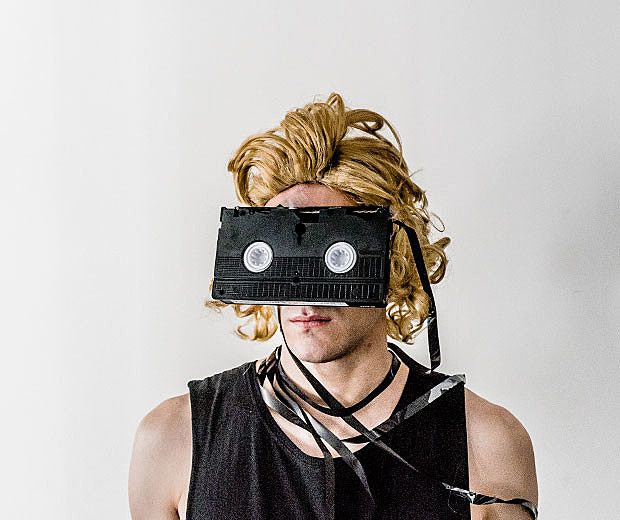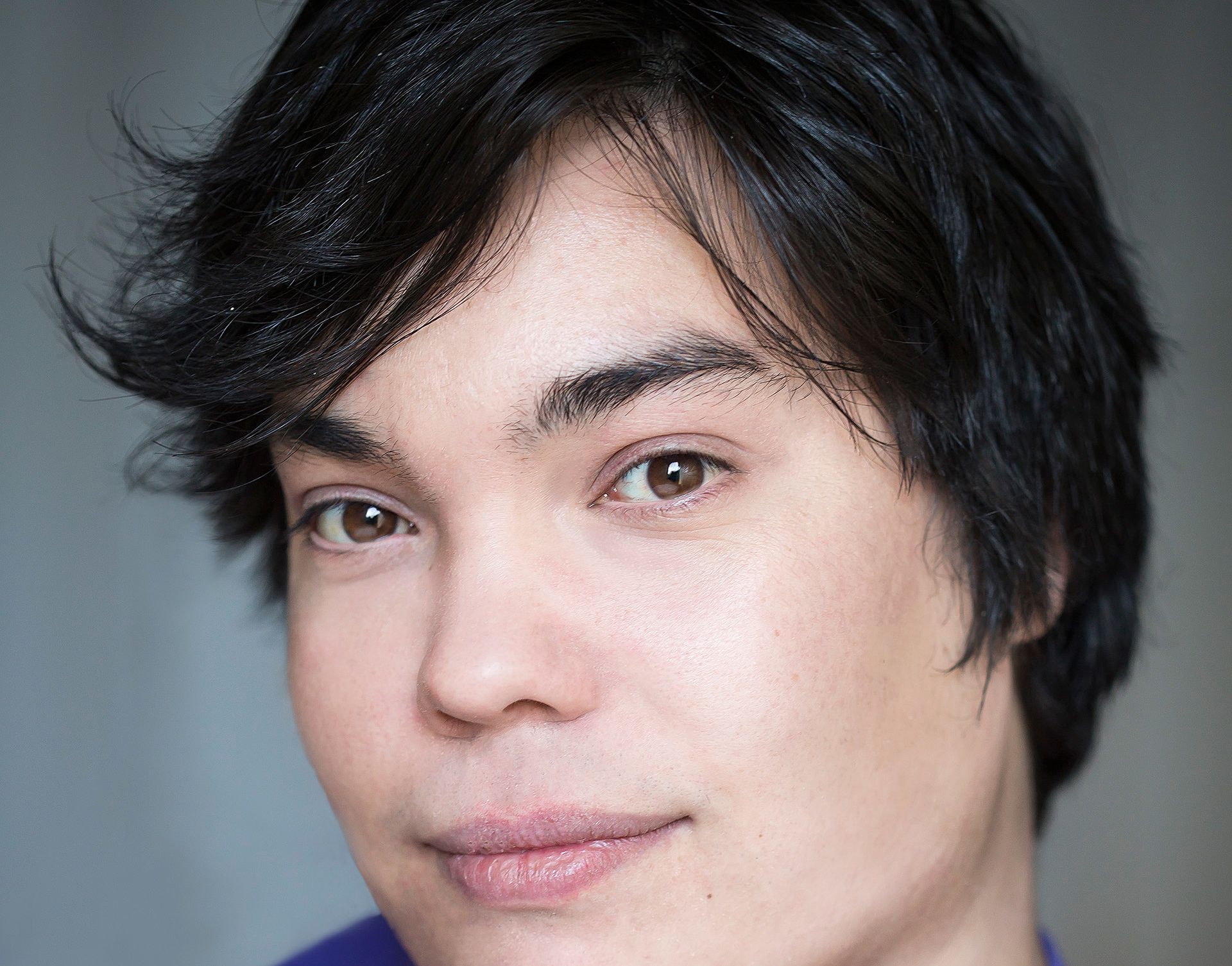Review: Not Psycho
Sam Brooks review Fractious Tash's Not Psycho.
All the elements of Not Psycho are there. You’ve got some of the best actors in the country fully committing to their roles and their demands, both physical and emotional, and you have the best designers in town giving us a spin on the nineties that is entirely modern in its construction, commenting without ever throwing back. You’ve got the Ben Henson touch: where you’re thrown into a very specific theatrical world for ninety minutes and then change, and you’re shaken by the shoulders until the house lights come up.
With all these elements alone, Not Psycho should be a great show. And there are moments of greatness throughout, where the performances, design and overall vision overwhelm the bones of the story and it becomes a theatrical event. But Not Psycho is not a great show.
The play defies genre, but it could sit comfortably in the ‘memory play’ genre, if you’re willing to loosen up that definition a bit. The prodigiously awkward Matthew (Edwin Beats) runs his dead father’s video store, and lives with his hard-drinking-hard-loving mother (Donogh Rees). His mother disappears one night, and Maz (Virginia Frankovich) appears. She has $40,000 in her bag, it’s not really hers, and she needs a place to hide it.
Interspersed through this are scenes out of sequence: Matthew being interrogated by two people who could be futuristic dystoptian police (Bryony Skillington and Kevin Keys), Matthew being operated on by a surgeon (Julia Croft) and generally tortured. At some point, they remake the film Psycho. Matthew’s obsession with films – cultivated in his youth – becomes real, and becomes theatre. Not Psycho is at its strongest when exploring this obsession, and the fragile mentality of a person who chooses step into a fantasy rather than confront his own reality.
The performances are faultless, from Donogh Rees’ Amanda-Wingfield-meets-Eastenders mother to Julia Croft’s accent-shifting dental-neurosurgeon hybrid to Edwin Beats’ sympathetic and winning performance as the Oedipal protagonist. There are few words to describe Bryony Skillington’s interpretation of Janet Leigh driving a car, and I shan’t even try, but it’s an unexpected comic highlight in an otherwise tar-dark show.
Rachel Marlow’s lighting design is gorgeous while still setting us in an otherworld, somewhere between reality and a constructed fantasy. Christine Urquhart’s set is typically great; it states the duality presented literally by the text, but makes it seem like a disconcerting inevitability. Thomas Press’ sound design melds nineties house music with modern beats, punctuating some moments grandly while letting the horror of other moments truly settle in.
Although the presentation is inventive, at its core, Not Psycho is a throwback to the Oedipal issues present in Psycho. It’s an uncomfortable experience as an audience to see all this craft and all these talented people giving their all in service of a story that is fundamentally about one straight white man’s mommy issues. The play is set in the nineties, but thematically it’s a throwback to the sixties and not in a way that is enlightening: these issues have been explored, at length, and I can’t see what an audience would get out of seeing them explored again in 2015.
There is violence in Not Psycho, as there famously is in Psycho, but in Not Psycho it feels like the means to an ending rather than a natural or necessary part of this story. The violence happens because it gives the story stakes that it otherwise doesn’t have, not because it feels like it should be there. There is no commentary on the violence and no dialogue around it, literally or in the production. The violence happens because that’s what an audience is conditioned to think that’s what messed up people engage in, and it’s disappointing to see the play cop out to an easy solution to the interesting issues it brings up.
References to the Psycho are peppered throughout the play, and most of these end up being incidental rather than key to the play. It’s a tricky balance to strike, because if the references are too key to the plot then it risks alienating audience members who aren’t familiar with Psycho to the point where character names and plot points beyond the major ones seem nonsensical, but if the references are too incidental it looks rather cute and precious.
Every now and then, you see hints of the show that Not Psycho could be. It’s hard to overstate how exciting and engaging the performances are, how overwhelming the craft is and how clear the directorial vision is. When the show starts to discuss the relationship we have to movies and the reality presented to those who obsess over it, and how that warps our minds, it is a great thing. But those moments are far and few between.
Which leaves me thinking: who is Not Psycho for? In 2015, who is this show speaking to and who is it enlightening? Is there an audience who are going to come out of Not Psycho thinking about the issues presented within, or is this just an hour-forty of some really excellent theatre-making? Not Psycho had, and has, all the potential to be something that sits in your mind and has you thinking, but this iteration of it is something that you shake off on the walk home. It provokes reactions, not thoughts, and with all the work that has gone into it, that’s a shame.
Not Psycho runs at
the Q Theatre Loft until August 29.
For tickets and more information, go here.
See also:
James Wenley for Metro

